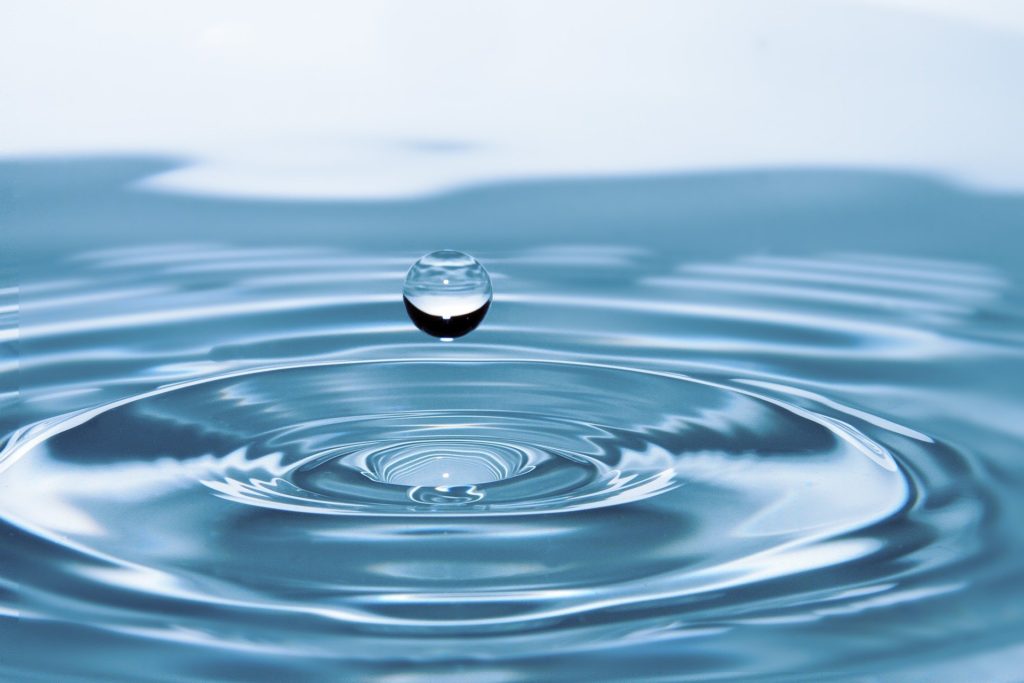
Today, information is pouring in from everywhere that everyone needs to drink a lot of water for excellent health and normal course of metabolic reactions.
According to the National Academy of Sciences, women should consume about 11.5 cups (2.7 liters) of fluid per day, and men should consume 15.5 cups (3.7 liters). And this includes not only water, but also tea, soups and other liquids.
Indeed, the famous nutritionist claims that delivering nutrients to our cells, regulating heat exchange, improving digestion, and removing metabolic products are only part of the benefits of an over-the-counter medicine called “water.” If you do not drink your normal amount, the work of the intestines slows down, in addition, the body begins to compensate for the lack of water by retaining fluid.
However, against the background of widespread information about the need to drink a lot of water, there is such a concept as hyperhydration or water intoxication. This means that you drank too much water, which in turn caused the concentration of sodium in the blood to drop, as well as creating a tremendous strain on the kidneys. This mineral is indispensable for maintaining intracellular balance, maintaining the level of water between and inside cells.
When the amount of sodium becomes critically low, water moves out and contributes to the “swelling” of cells. This cannot help but affect the body’s work: you may begin to suffer from headaches, nausea, and in very difficult cases – swelling of the brain and lungs, as the body tries to restore sodium levels. Unfortunately, such a story often happens even to experienced professional athletes.
Therefore, we remember how important common sense and measure are. Absorption of water in liters “to reach the norm” reduces the general level of salts and electrolytes, which are necessary, in particular, for the full-fledged work of the muscles.




